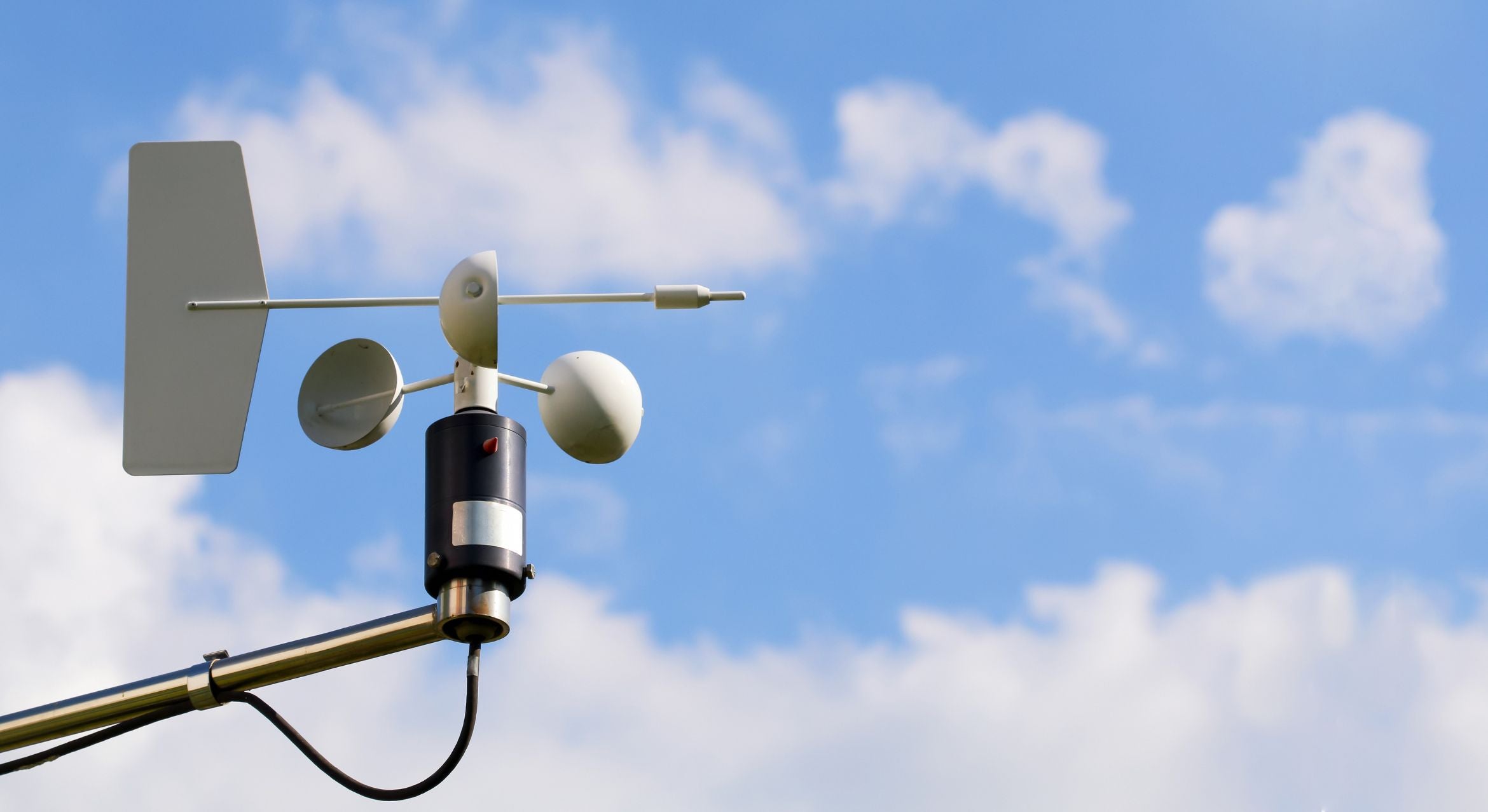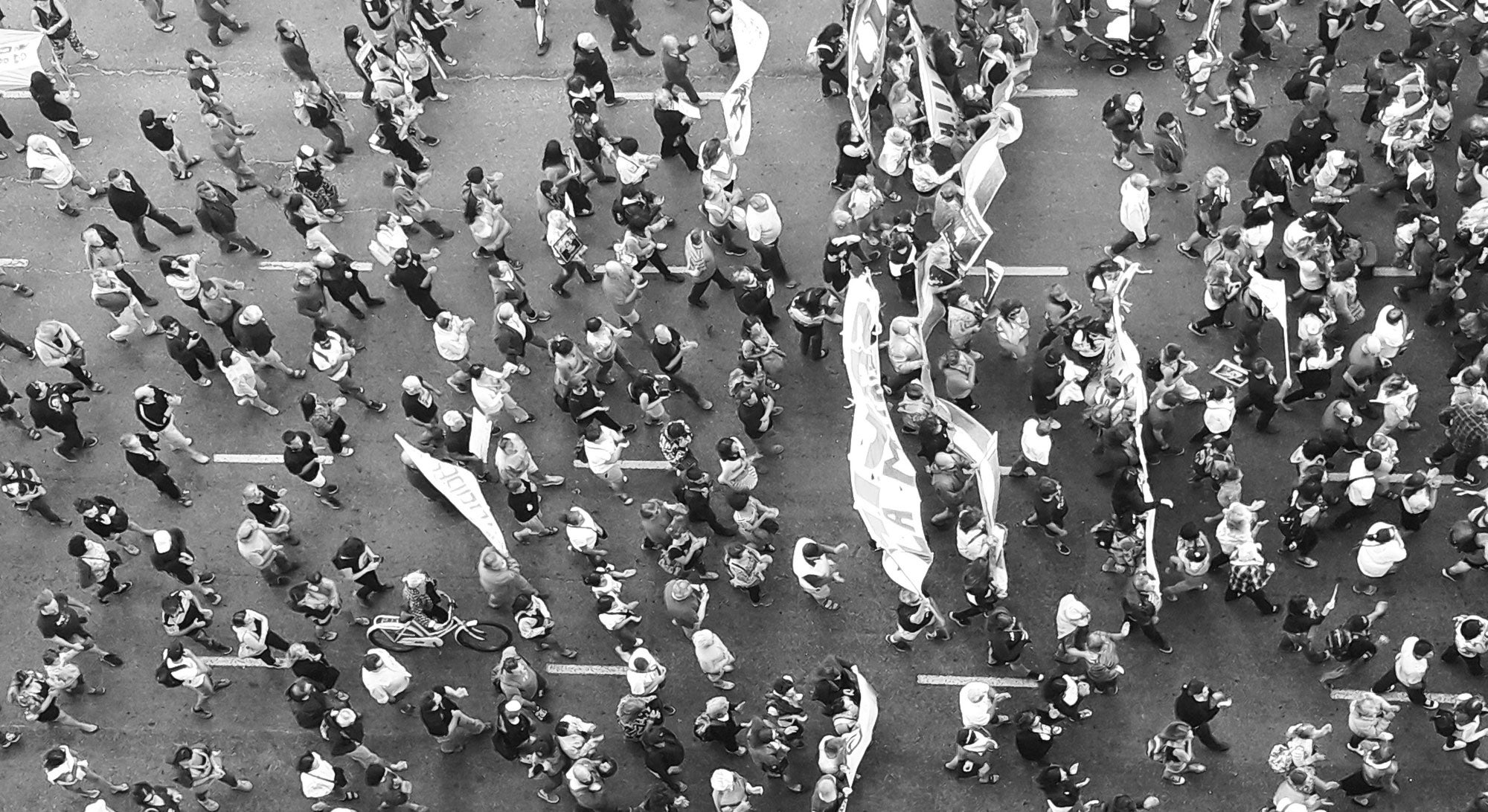UCSB Conference to Look at How Immigrant Religious Groups are Building Their Own Ways of Civic Life in Southern California
As new immigrants set about creating their own unique American identity, cultural consensus in the United States is being replaced by pluralism.
Researchers at the University of California, Santa Barbara have been studying how pluralism is affecting the participation of immigrant religious groups in the civic life of Southern California and will report their findings at a conference Thursday and Friday, May 8 and 9 on the UCSB campus.
The Religious Pluralism in Southern California Conference is free and open to the public. Space is limited, however, and registration is required. Registration can be completed by calling (805) 893-2562. The conference is presented by UCSB's Walter H. Capps Center for the Study of Religion in Public Life. Research presented at the conference is the product of the Religious Pluralism in Southern California Project, a three-year study supported by a major grant from the Ford Foundation and research funds from UCSB.
Nearly every religious and ethnic group in the world is represented in Southern California. And it can be challenging for people not of European heritage to participate in civic systems that grew from Judeo-Christian teaching.
"Religious diversity is not only increasing, we are also becoming much more aware of its significance," said Wade Clark Roof, director of the Capps Center and chair of UCSB's Department of Religious Studies. "So we can't talk about religion anymore without asking what religion, what type of religion and how does it relate to the American experience."
The conference opens at 4 p.m. Thursday with "Religious Pluralism: America's Continuing Challenge," a keynote speech by Gustav Niebuhr, former religion writer for The New York Times, in the Multicultural Center Theater. A 6 p.m. banquet at the Goleta Holiday Inn follows with David Machacek, conference coordinator and a lecturer in the Department of Religious Studies, discussing "Religious Pluralism and Civic Culture."
Friday's sessions will be held in the Harbor Room of the University Center and begin at 8 a.m. Panel topics will be "The New Religious Landscape of Southern California" (8-10 a.m.), "New Immigrant Religious Communities: (10 a.m.-noon), "Civil Pluralism" (1-3 p.m.), and "The Future of Religious Pluralism" (3-5 p.m.).
Roof, who shared lead investigator duties with Richard Hecht, also a UCSB professor of religious studies, said Southern California is an ideal place to study religious pluralism.
"The West Coast is a place where these issues are fresh and exciting," Roof said.



